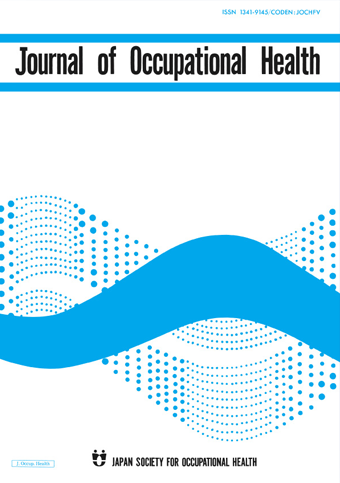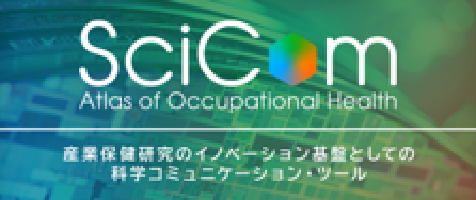Improving the Employment Prospects of People with Mental Disorders
People with mental deficits can often harbor defeatist beliefs and experience an impaired quality-of-life. Cognitive rehabilitation is one way of combating these deficits and improving their verbal, social, and quality-of-life outcomes. In fact, past research has shown us that employment-oriented rehabilitation support translates to better quality-of-life outcomes for such individuals. People with mental disorders can, thus, benefit from rehabilitation services focusing on cognitive support for employment.
In Japan, people with mental disorders report good employment rates upon completion of employment support intervention services that integrate cognitive rehabilitation. However, most professionals providing such services in Japan operate without partnering with employment support offices or vocational centers. Recognizing this weakness, Japan’s public employment service started an initiative to provide employment support in partnership with medical care centers.
In a unique example of this partnership, a mental hospital in Nagano, Japan partnered with the public employment service to provide employment consultation and support services to its patients with mental disorders. In this study, researchers gauged the effectiveness of this program in enabling employment for its participants after they completed the program.
They found that approximately two-thirds of the participants were gainfully employed within six months of completing the program. Many participants found jobs involving responsibilities, such as stocking shelves and customer support in supermarkets and retail stores. Sustained employment and income benefits were observed even after one year of hiring.
Moreover, improvements were reported for the memory, motor speed, verbal fluency, and social and psychological functioning of these participants. The researchers suggested that these improvements could be linked to an increase in employability prospects of the participants. Further, they observed that this employment program fared better in terms of income and work hours compared to other employment programs.
Thus, while psychiatric and vocational rehab programs are useful for improving the cognitive skills of people with mental disorders, these skills must be used for the generation of employment-oriented outcomes. The results of this study offers hope for reaping the benefits of collaborative employment support programs geared towards helping people with mental disorders go the extra mile.
Link to the original journal article:
https://www.jstage.jst.go.jp/article/eohp/4/1/4_2021-0009-OA/_article/-char/ja
Outcomes of an employment support program in psychiatric day care collaborate with the public employment service: a single-arm preliminary study
Kojiro Kawano, Saori Haga, Kenji Endo, Takeshi Shimada, and Masayoshi Kobayashi
Here are some ways you can make it easier for your plain-language summary to be discovered once it has been published:
- Upload the summary on your personal, lab/research group, or university website.
- Share the published content with peers and colleagues through your personal social media accounts (Facebook, Twitter, Blogs, and LinkedIn). Link this back to the journal’s social media promotions for your paper.
- Include the link to the published post in your email signature line.
News & Announcement
-
Mar 14, 2025EOH-P has been listed on PMC/PubMed!The articles published in EOH-P have been registered with PMC/PubMed, the U.S. Nation...
-
Jun 11, 2021Lay Summary page open!Lay Summary page provides you article summaries in order of study categories. You can...
-
Oct 1, 2019EOH-P is now released!The Environmental and Occupational Health Practice (EOH-P) has been released. Please ...
Journal Info
Average 46.14 days from submission to first decision
Average 120.95 days from submission to acceptance







